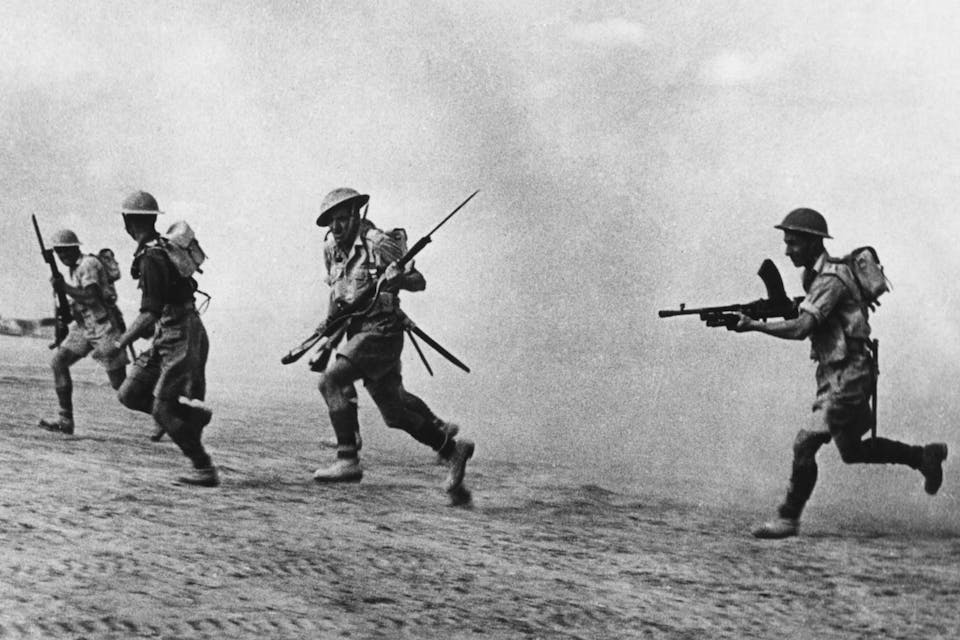
October 23, 2017
Why the Jews of North Africa Had to Wait
In declining to restore the rights of North African Jews in the wake of their 1942 invasion, did the Allies act with "deceit and duplicity," or were their reasons defensible?
Robert Satloff’s essay in Mosaic on American policy toward the Jews during and after the Allied North Africa campaign in the autumn of 1942 is a story of betrayal. As he relates, a handful of Algerian Jews played a decisive role in the huge November 1942 invasion of the region, facilitating the seizure of the city of Algiers in an early-morning uprising conducted by a heroic underground of over 300 Jewish fighters. But, Satloff goes on to argue, the Americans failed to use their successful seizure of North African territory to alleviate the plight of Jews who had suffered under the previous, collaborationist, Vichy-directed French authorities.
Instead, the Americans conducted themselves with “deceit and duplicity.” Turning their backs on the anti-Vichy insurgents and the rest of North African Jews, U.S. policy makers launched “an instrumentalist strategy toward Arab lands—prioritizing partnerships with friendly strongmen.” This short-sighted vision, Saloff concludes, has “by and large . . . governed America’s relationship with the region ever since.”
I have no quarrel with one of Satloff’s principal concerns: to put the wartime story of North African Jewry on the map, highlighting continued post-Torch persecution and the Vichy-ordered dispatch of many Algerian Jews to concentration camps, “remote sites of arduous forced labor where torture was common and death by hunger, thirst, exposure, and mistreatment a daily occurrence.” Once the Allies took control, Algerian Jews, humiliated at having been stripped of their French citizenship by the pre-Torch regime, had expected a speedy restoration of their rights and the removal of Vichy-imposed discriminatory laws. What greeted them, after the successful landings in November 1942, was something else. The title of Satloff’s essay, “The Jews Will Have to Wait,” sums up United States policy as led by Robert Murphy, chief adviser to General Dwight Eisenhower, the commander of Torch. And Murphy, Satloff rightly observes, was not alone.
Responses to October ’s Essay
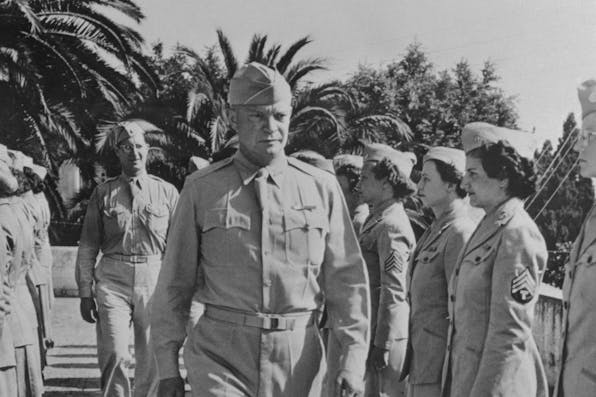
October 2017
How WW II American Leaders in North Africa Learned to Disregard the Interests of Jews
By Michael Doran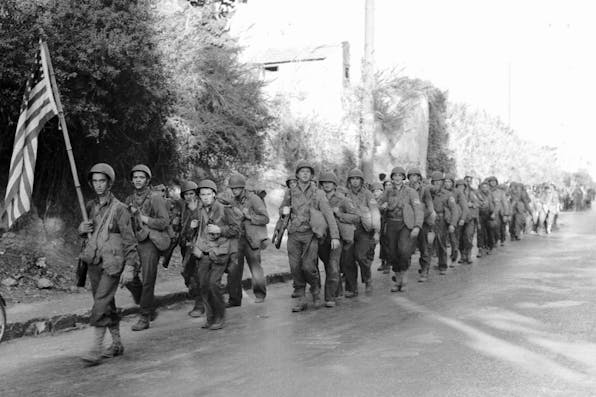
October 2017
FDR Called Operation Torch a “Great Jihad of Freedom.” It Was Nothing of the Kind.
By David Pryce-Jones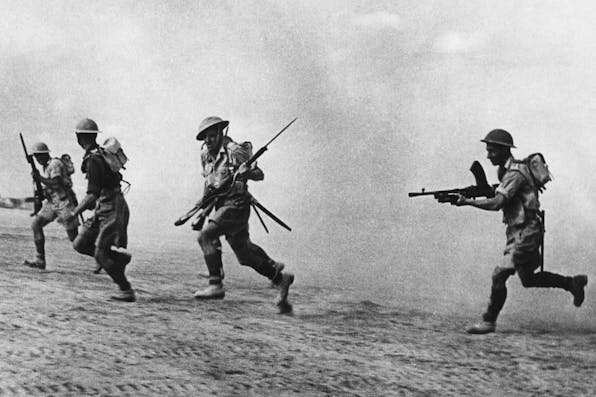
October 2017
Why the Jews of North Africa Had to Wait
By Michael R. Marrus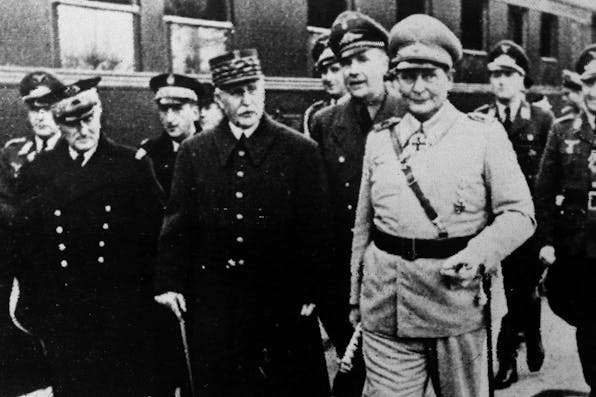
October 2017
The Vichy Corruption
By Robert Satloff